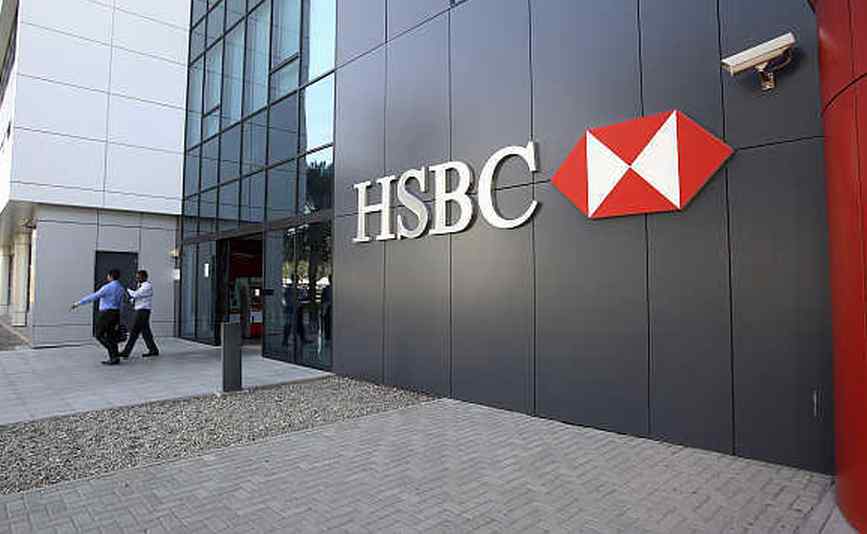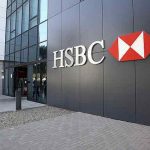HSBC is launching a new investing app aimed at younger clients to take on fintech challengers

Legacy banks are losing their grips on millennials and Gen Z as millions of young consumers abandoned the traditional banks in favor of online and digital-only banking. Now, the old banks are fighting back by offering mobile banking services that make it easy and attractive for younger demographics to do business with them.
In an attempt to go head-to-head with fintech challengers and neobanks, London-based bank HSBC announced today it is launching a new feature in its mobile app that lets U.K. customers invest in a range of ready-made funds.
The bank said Wednesday it was rolling out a tool on its mobile app that lets people invest in a range of ready-made funds. Customers will need to invest a minimum of £50 ($66.62) to be eligible. The new feature will be available on Apple iOS and Google Android in the coming weeks.
In a statement, James Hewitson, head of wealth management at HSBC U.K., said: “Around 389,000 of our customers aged under 35 have sufficient assets to invest but are currently not doing so. On top of that, 64% of HSBC customers are digitally active.”
HSBC currently offers an online investment advice service in the U.K. Just like Goldman Sachs’s Marcus Invest, HSBC’s foray into app-based wealth management comes as part of the bank’s response to fintech startups upstarts like Revolut and Freetrade, which are luring in younger investors with the promise of low-cost trading and an easy-to-use application.
HSBC is not alone, other so-called Robo-advisors like Nutmeg and Moneybox, which offer automated portfolio management services, have also grown in popularity in recent months. Robo-advisors are a class of financial advisers that provide financial advice or investment management online with moderate to minimal human intervention.
Three years ago, HSBC made history after it became the first bank to complete the world’s first trade-finance transaction with Cargill using blockchain. HSBC was founded 156 years ago by Thomas Sutherland in the then-British colony of British Hong Kong on 3 March 1865, and in Shanghai a month later.




